Sublime Systems is trying to drive down the carbon footprint of cement production.
Cement hides in plain sight—it’s used to build everything from roads and buildings to dams and basement floors.
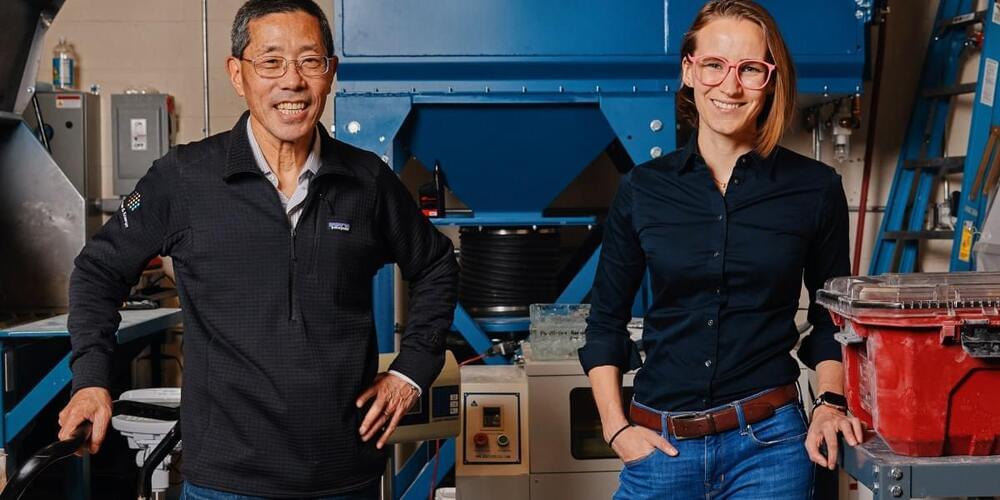

Qualcomm extends its presence in AI inference processing, began with its Cloud AI 100 series accelerators, with the launch of its new Qualcomm Cloud AI 100 Ultra.
While Qualcomm’s Cloud AI 100 accelerator family has long been available from several tier-one technology providers such as Lenovo, Hewlett Packard Enterprise (HPE), Inventec, Foxconn, Gigabyte, and Asus, it’s starting to see deployment in the public cloud.
Amazon Web Services (AWS) recently introduced its first Qualcomm-based accelerated instance type, the DL2q, featuring the Qualcomm Cloud AI 100. While the new instance type can be used for general inference applications, the companies highlight the accelerator’s specific applicability in developing automotive ADAS and related applications – an area in which Qualcomm is rapidly expanding its presence.
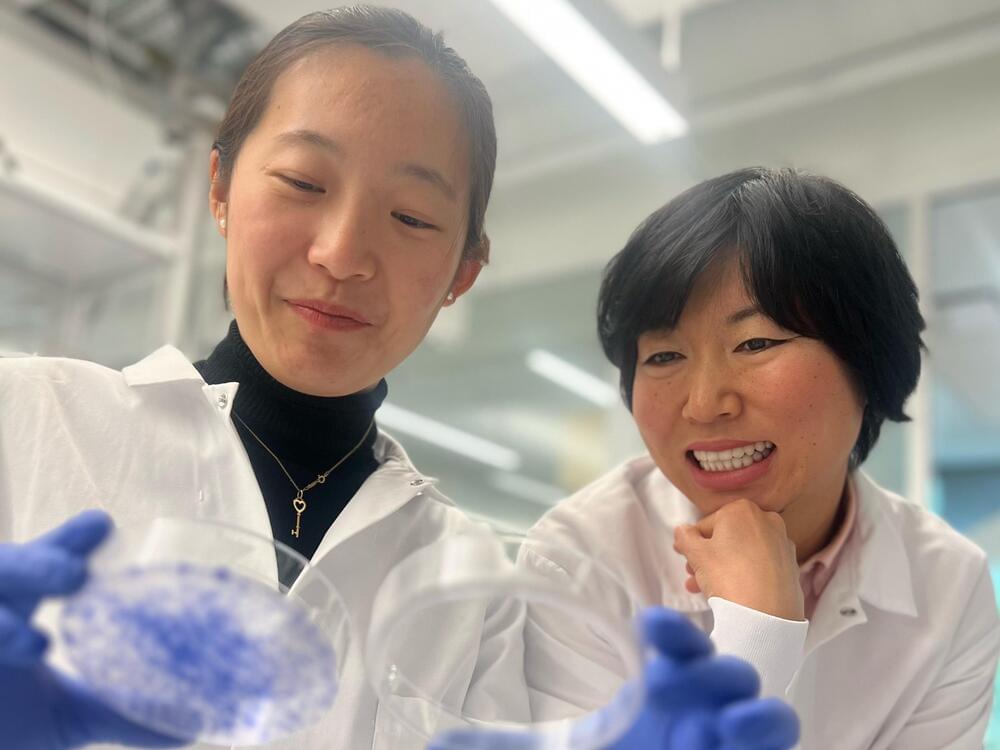
Breast cancer is the most frequently diagnosed cancer and accounts for 12.5% of all new cancer cases globally. And while the overall incidence has been decreasing and five-year survival rates in the U.S. exceed 90%, the burden of this disease cannot be underestimated.
On December 20, a new study titled “ENPP1 is an innate immune checkpoint of the anticancer cGAMP–STING pathway in breast cancer” was published in the Proceedings of the National Academy of Sciences by a team of Stanford researchers led by Lingyin Li, one of the top experts in the STING pathway in cancer.
Ectonucleotide Pyrophosphatase/Phosphodiesterase 1 (ENPP1) is a multifaceted enzyme that plays a significant role in various biological processes. At its core, ENPP1 is known for its ability to break down ATP, a primary energy molecule in the body, into AMP and inorganic pyrophosphate. This activity is crucial in regulating bone mineralization and preventing abnormal calcium deposits in the body. In addition to its role in bone health, ENPP1 is also involved in regulating insulin signaling, which links it to metabolic disorders like diabetes.

A new paper published in Frontiers in Psychology: Performance Science led by Andy Parra-Martinez at the University of Arkansas “describes the general status, trends, and evolution of research on talent identification across multiple fields globally over the last 80 years,” by drawing from the Scopus and Web of Science databases and conducting a bibliometric analysis of 2,502 documents.
Bibliometric analysis is a way of understanding the structure and citation patterns of research around a given topic, in this case, talent identification research.
Talent identification research is concentrated in business, sports, and education
Talent identification (TI) research is “concentrated in the fields of management, business, and leadership (~37%), sports and sports science (~20%), and education, psychology, and STEM (~23%). Whereas research in management and sports science has occurred independently, research in psychology and education has created a bridge for the pollination of ideas across fields.”

Research unveils the surprising connection between adversarial images impacting both AI and human perception, emphasizing the need for enhanced AI safety.
Discover the subtle influence of adversarial images on human vision and AI systems, underscoring the crucial intersection of technology and perception.
It’s the first significant alteration to the Windows keyboard in almost thirty years.
Microsoft is adding a dedicated Copilot key to PC keyboards, adjusting the standard Windows keyboard layout for the first time since 1994.
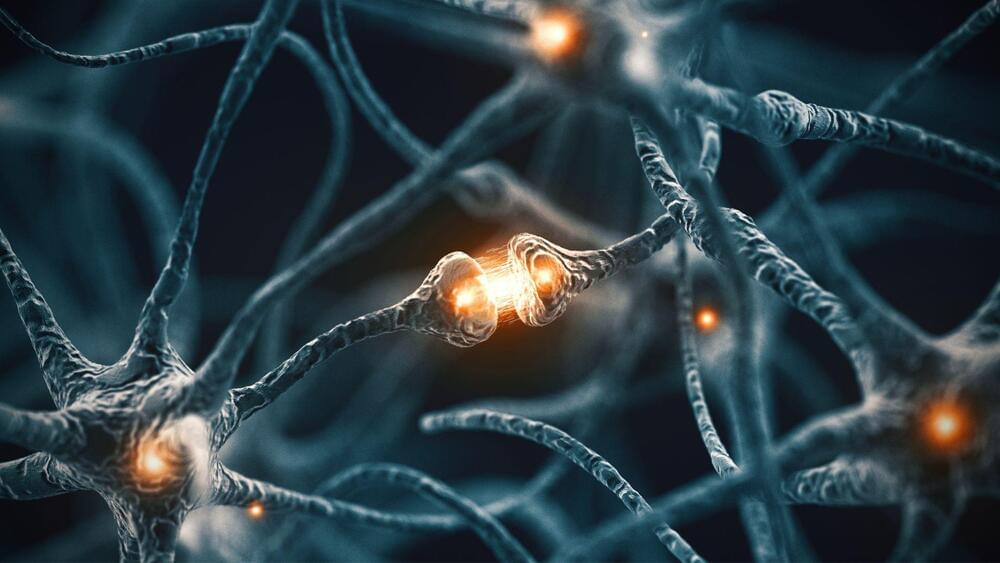
Over one billion smartphones with built-in AI are to be shipped by 2027, according to Counterpoint Research.
Samsung is all set to kick off the new year of AI phones with new launch this month. The first of many, Galaxy S24 will be released on January 17 in San Jose, California through a livestream.
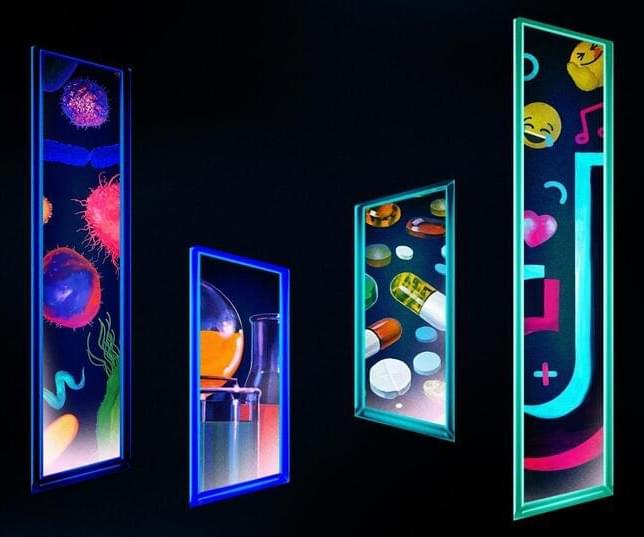
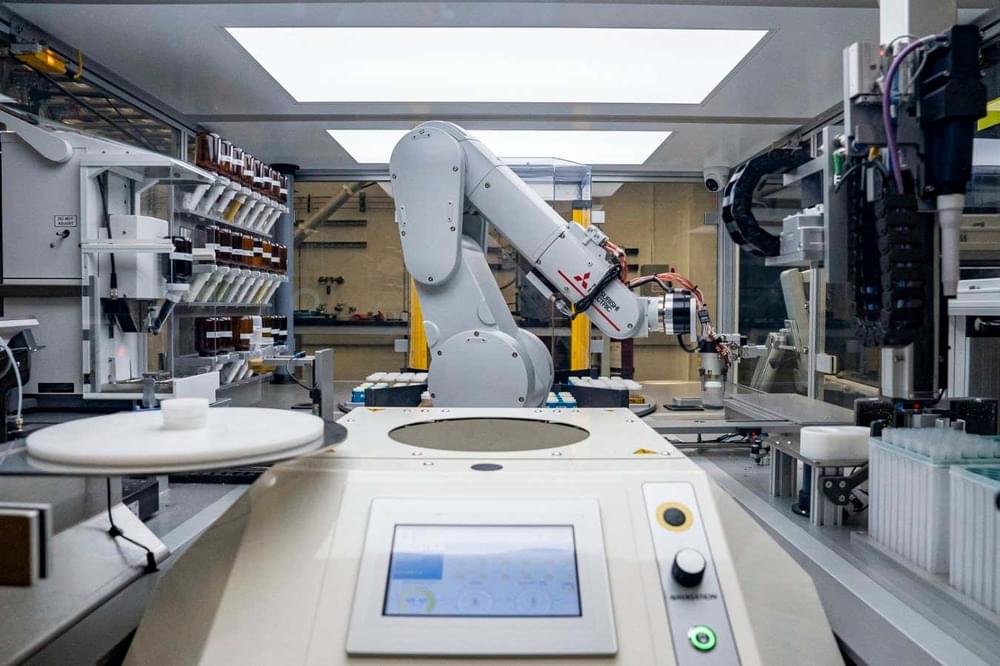
Self-driving labs can perform experiments thousands of times faster than a human and they don’t need to sleep. That means more science in less time, but many questions remain, says Alex Wilkins
By Alex Wilkins